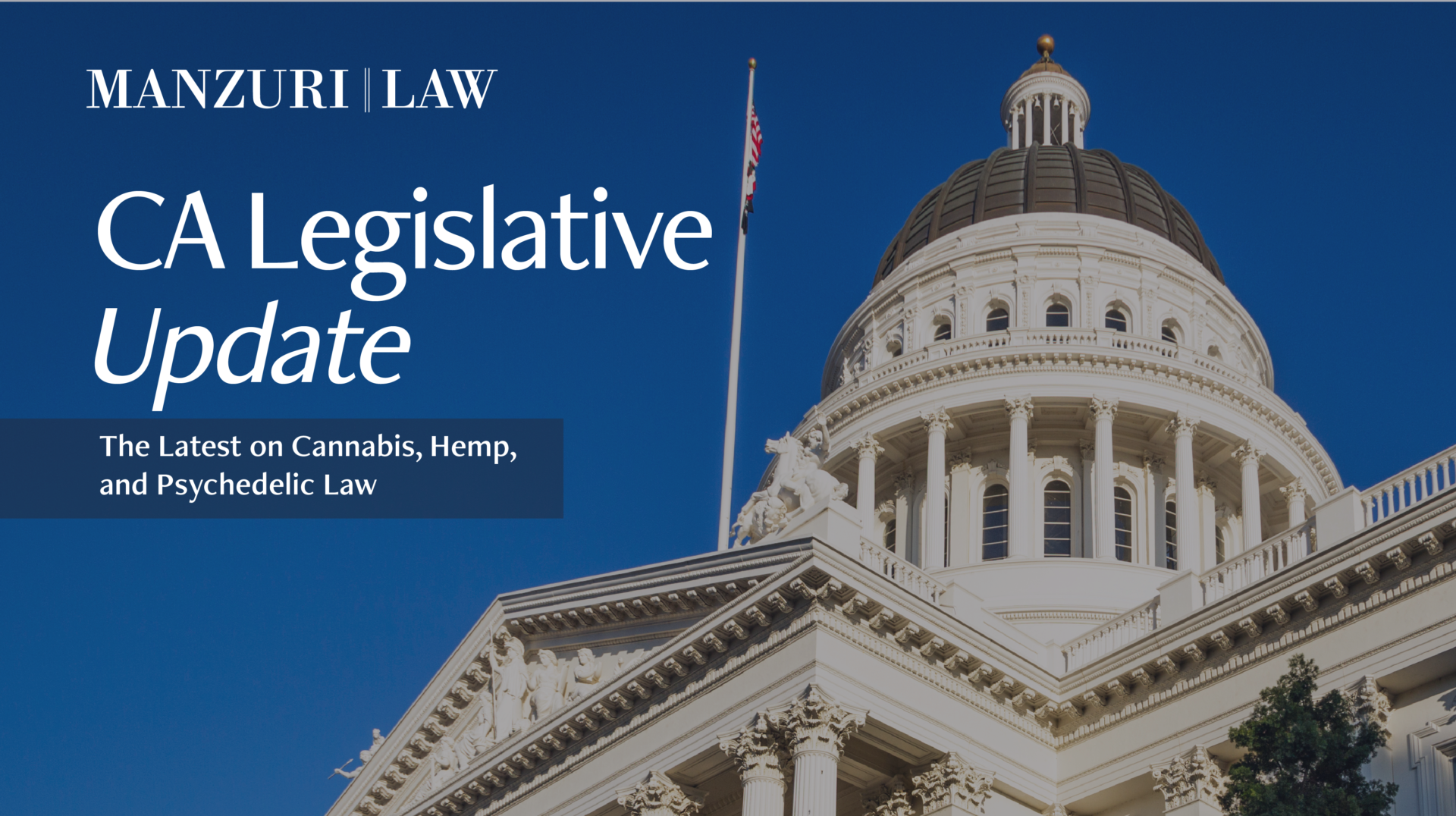The end of April marks the deadline for policy committees to hear all legislation identified as having a fiscal impact on the state (which includes most bills). If bills are not heard by then, they are automatically turned into two-year bills and are stuck in their existing location until next year. With the Legislature forced to hold fewer and shorter hearings to adhere to COVID-19 safety protocols, there is more pressure on legislators to work quickly to be able to keep their bills moving. Below is the latest on some notable legislation this year:
- Psychedelics (SB 519, Wiener): In an effort to continue fighting the negative impacts of the War on Drugs, Senator Wiener introduced SB 519, which would decriminalize the possession and personal use of psychedelics, including among others MDMA (i.e., Ecstasy/Molly), LSD, and psilocybin mushrooms. Senator Wiener hopes to duplicate successful policies in Oakland and Santa Cruz, and also the voter-approved 2020 ballot measure in Oregon. Legislators voted along party lines through two committees, with many Democrats seeing the bill as a way to fight against mass incarceration and harm to underserved communities. SB 519 is waiting for a hearing date in the Senate Appropriations Committee and will likely end up on the suspense file (where many bills die each year in a lightning-fast hearing after decisions on suspense bills’ fates are made behind the scenes). With heavy opposition from law enforcement, the bill faces an uphill battle, but given the public’s heavier focus on policing efforts, it may have a chance of surviving to the second house.
- Hemp (AB 45, Aguiar-Curry; SB 235, Allen): The twin bills seeking to regulate industrial hemp are likely to continue moving steadily through their respective legislative policy committees, despite opposition from cannabis and hemp industry stakeholders. Some cannabis groups are concerned with the proposed regulatory framework while many hemp advocates are upset about the ban on smokable hemp. Even with this pushback, SB 235 flew through two policy committee with unanimous support and is waiting for a hearing date in Senate Appropriations. AB 45 is set to be heard on April 27 in the Assembly Health Committee. Both bills are likely to go to their respective house’s suspense files.
- Cannabis Screening Tests for Employees (AB 1256, Quirk): Although AB 1256 was recently amended to appease opposition, cannabis advocates will need to wait at least one more year to establish protections against worker discrimination based on drug screening tests. The new amendments make the bill apply to only positive screening tests for nonpsychoactive cannabis metabolites, rather than THC. However, concerns from opposition about current testing capabilities and conflicts with federal regulations have forced the bill to a two-year fate.
- Delivery Limits (AB 1014, McCarty): This bill would increase the maximum value of goods that could be carried in a delivery vehicle based on vehicle type. Some industry groups are opposed, citing safety concerns and pointing out how other industries that deal with deliveries and cash (e.g. pizza delivery services) have a maximum cash limit to protect their drivers. Labor unions have also recently raised similar concerns for public and worker safety. This combined pressure may require the bill provisions to be dialed back in order to proceed in the long-term. AB 1014 is set to be heard in the Assembly Business and Professions Committee on April 20.
It should be noted that the legislative process is only one way to enact policy changes; this year legislators and advocates have a few bites at the apple. In addition to authoring bills, legislators can work to push policies into the budget through trailer bill language, which are the provisions that implement the state budget bill. Due to the Newsom Administration’s desire to consolidate the licensing agencies, stakeholders can also advocate for changes to occur under the new Department of Cannabis Control. It is important to be aware of these different strategies that can be used to pass and implement policies so that opportunities for advocacy are not missed.
Disclaimer: This article has been prepared and published for informational purposes only and is not offered, nor should be construed, as legal advice.

